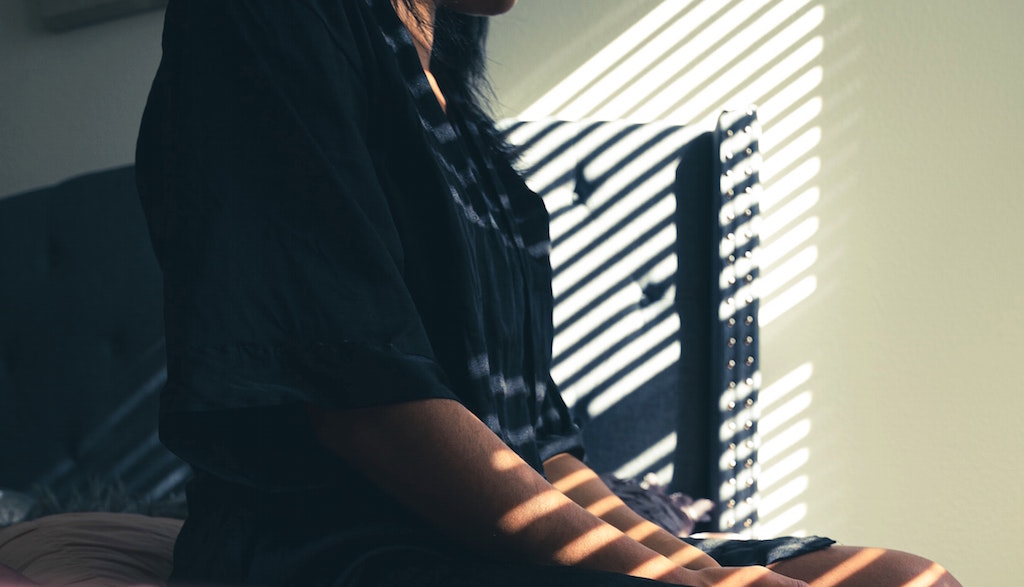A sexual assault survivor in Waterloo Region was recently charged and fined for violating the publication ban on her own name. The rapist found guilty of sexually assaulting the woman became aware that she had shared transcripts of the trial with friends and family without redacting her own name beforehand.
The rapist contacted police who then charged the woman. In court she pleaded guilty to breaching the publication ban on her own name and was fined $2,000 plus an additional $600 victim surcharge by Ontario Court Justice Thomas McKay.
Deb Singh, chair of the Ontario Coalition of Rape Crisis Centres (OCRCC), would like to know: “What’s the usefulness of charging her? What was this law’s purpose? If it’s to protect a victim’s identity, then a victim is allowed to share if they so choose, especially when it wasn’t in a public circle.”
According to the OCRCC, decisions like this one perpetuate the inherent lack of justice sexual assault survivors face. It also reinforces a retaliatory approach to sexual violence for survivors who use the criminal justice system.
When sexual assault survivors contemplate reporting to police, most face the prospect of not being believed. Myths include sexual assault victims falsely accuse innocent people out of shame or to exact revenge.
The reality is, overwhelmingly, claims of sexual assault are true. Somewhere between two to eight per cent of claims prove to be false. That means, 92 to 98 per cent of all claims are true.
According to Statistics Canada, the majority of sexual assaults are perpetrated by someone known to the victim and the assaults usually take place in a home — often the survivor’s home — or a business.
There are 460,000 sexual assaults in Canada every year. Yet, only 33 out of every 1,000 are reported to police. Only 29 are actually recorded as a crime. Of the 12 cases that result in charges being laid, six are prosecuted and a mere three are convicted. That means for every 1,000 rapes, 997 rapists are never held accountable for their actions. Another way to look at it is that the criminal justice system has a 0.003 per cent success rate.
Abysmal criminal justice outcomes are compounded by additional layers of harm metered out by a systemically racist and misogynous justice system to Indigenous women, Black women, immigrant and refugee women, sex workers and 2SLGBTQ+ individuals.
Fining sexual assault survivors for breaching publication bans in their own sexual assault trials is yet another layer that effectively takes away the survivor’s agency while silencing their voice.
The fact that this survivor should have appealed to the court to lift the ban on her own name before sharing court transcripts with friends and family enabled her rapist to exact revenge and inflict more trauma.
While the intentions behind the publication ban legislation have merit, these intentions were lost through rote legal application as outlined in Ontario Court Justice Thomas McKay’s decision that stated in part: “Court orders have to be followed, particularly ones that deal with people’s privacy.”
Clearly training and advocacy needs to be implemented for judges, Crown attorneys and police — all of whom make decisions on sexual assault cases that can either lead to system improvements with improved survivor outcomes or system failures resulting in survivor re-victimization and re-traumatization.
The OCRCC recommends that survivor experiences of the criminal justice system and the real purpose of sexual offence publication bans be taken into consideration in cases such as this because a survivor should never be charged with violating their own ban.
To find the sexual assault centre in your community click here.
OCRCC is a network of community-based sexual assault centres in Ontario. Services include counselling to survivors of recent and historical sexual violence, accompaniment to hospital, police and court, advocacy and crisis support.
Doreen Nicoll is a freelance writer, teacher, social activist and member of several community organizations working diligently to end poverty, hunger and gendered violence.
Image credit: Ashley Byrd/Unsplash



